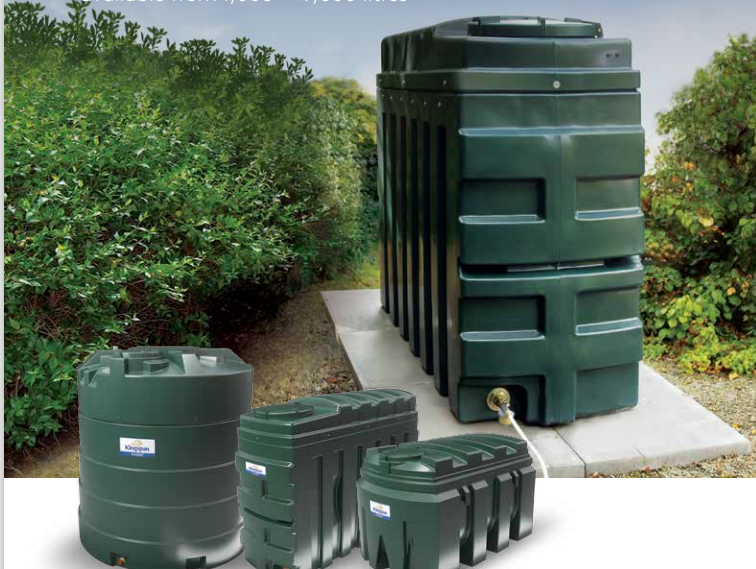As everyone knows, kerosene is not the most environmentally friendly way to heat your home however, for thousands of rural homes across Scotland this can sometimes be one of the only options. As being environmentally friendly becomes bigger parts of our lives, many of us are considering how our day to day lives impact the environment and how we can change that positively. By following these tips you could reduce your carbon footprint as well as potentially saving you some money!
Use A Timer On Your Thermostat
Your heating does not have to be constantly running, especially when there is no one in the house. Use a timer thermostat to set your heating to switch on just before you arrive home. This is a great way to cut carbon emissions and drive down your heating oil costs
INSULATE
Adding the recommended amount of 270mm of Loft insulation could help you save up to £180 per year and reduces the amount of carbon dioxide being released into the atmosphere. Cavity wall insulation is another great way to help reserve energy in your home with an annual saving of £140.
Avoid Ordering Small Quantities
By ordering smaller quantity’s in a more frequent basis you are increasing your carbon emissions. Tankers that your oil is delivered in are large vehicles and the more deliveries you receive, the more fuel that is consumed by the tanker creating more carbon emissions. This can be avoided by ordering larger quantities less frequently whenever possible.
KEEP THE HEAT IN WITH DOUBLE GLAZING
Double glazing helps retain heat in your home from escaping outside and in warmer weather can limit the amount of heat from outdoors. An average home loses up to 30% of its heating and cooling energy through air leaks around windows indoors. any leaks should also be repaired and can be fixed with appropriate foams or chalks.
USE A PREMIUM/ENERGY EFFICIENT OIL
Our Premium kerosene contains components which reduce the build-up of carbon and soot deposits in your central heating boiler. This means that your boiler stays cleaner for longer resulting in increased boiler efficiency, in turn, this lowers your carbon footprint and you can achieve a more complete burn of your fuel which can save you money.












Completely running out of heating oil can leave you without hot water or heating, this is especially inconvenient during winter when it’s needed the most. Running fully dry of heating oil is easily done by not keeping an eye on your fuel levels or from fuel theft